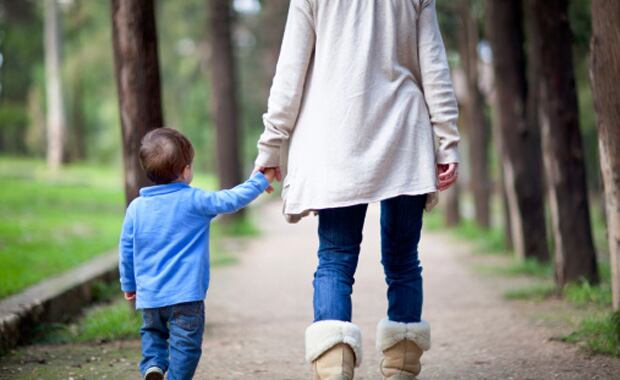The goal of foster care is to provide children whose parents are unable to care for them with a safe and nurturing environment. Although foster care is typically a temporary arrangement, the main goal is always to reunite the child with their biological parents and family wherever it is safe to do so. This process is known as reunification and is an important part of the foster care system.
Reunification Explained
Reunification refers to the process of returning a child in foster care to their biological parents. Generally, it is only possible to do this once the issues that led to the child being placed in foster care have been addressed and dealt with. While the child is in foster care, biological parents may be working on completing parenting classes, finding stable employment or housing, addressing substance abuse issues, or getting mental health treatment, for example. The process of reunification is often complex and involves a team of social workers, counsellors, and other professionals who work together with the foster parents and biological family to ensure that the child is returning to a safe, stable home environment. Learn more about fostering a child until they can be safely returned to their parents with Fosterplus.
Challenges of Reunification
Reuniting a foster child with their biological family is not always an easy process, and it’s important to understand the challenges that can come with it for everybody involved. Children who are in foster care may have formed attachments to their foster family and adjusting to returning to life with their biological parents and family can sometimes be difficult for them. Foster parents who have been caring for a child for quite some time and have built a bond with them may also feel a sense of sadness and loss when the child is reunited with their biological family, even though they know that ultimately this is likely to be in the best interests of the child.
When Reunification Isn’t Possible
It’s important to note that reuniting a foster child with their biological parents is not always possible, and not always in their best interests. For example, when a child has been placed in foster care due to past abuse from a parent, it may never be possible to return them to the care of that parent. In some circumstances, biological parents may be unable or unwilling to work on the issues that caused the child to be placed in foster care, meaning that the chance to be reunited will not arise. In this situation, children may be placed in long-term foster care, or placed with an adoptive family who will take over legal parental rights to the child.
Understanding the Process
The road to reuniting foster children with their biological parents is a dynamic, complex process that requires a collaborative effort from everybody involved. Foster families are there to support the child during the process. They can also help the biological family by helping to establish a positive relationship between the child and their parents and providing resources and support. Social workers and other professionals, such as counsellors, often have crucial parts to play in the process, including assessing if biological parents are ready to take the child back into their care.
Reuniting foster children with their biological parents when safe to do so is always the preferred outcome of foster care, although it may not always be possible. It’s a process that is often in the best interests of the child that foster parents need to be prepared for.







